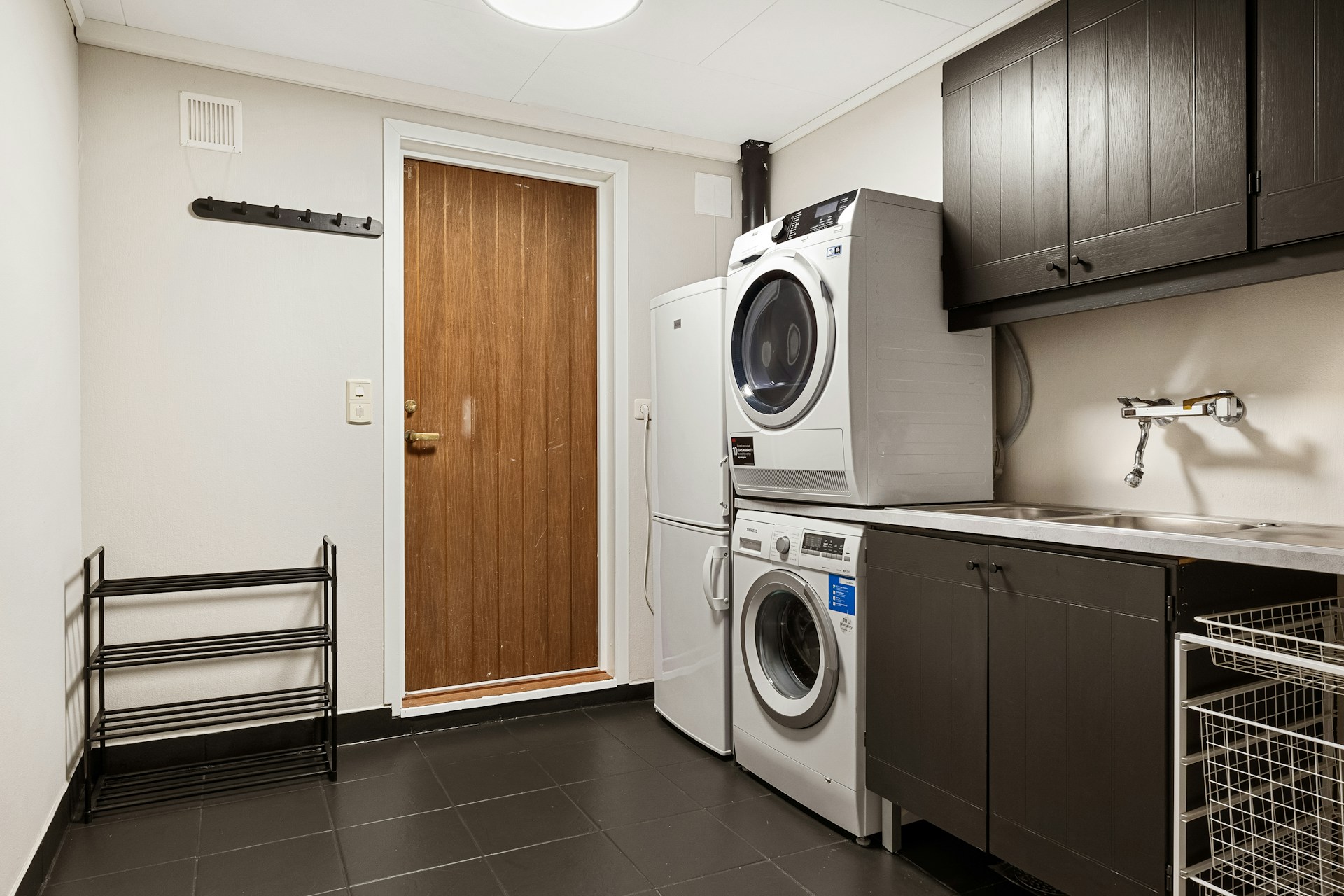

Question: Should I Unplug My Washer And Dryer When Not in Use?
Answer: No you do not need to unplug your washer and dryer when not in use, but unplugging during extended absences or storms can prevent potential damage from power surges.
Appliance Safety and Energy Savings
Should I unplug my washer and dryer when not in use? This question often arises when homeowners consider appliance safety and energy efficiency. While the practice might seem excessive, several factors warrant consideration. This article delves into the potential benefits and drawbacks of unplugging these large appliances, empowering you to make informed decisions for your home.
Electrical Safety Considerations
Unplugging your washer and dryer when not in use can mitigate certain electrical hazards, though the risk is generally low with modern appliances and proper electrical systems. Power surges, while infrequent, can damage electronic components within your appliances. A direct lightning strike, for instance, could send a surge of electricity through your home’s wiring. Unplugging appliances offers protection against such unpredictable events.
Internal Appliance Malfunctions
Internal malfunctions within the appliance, though rare, present another potential hazard. A faulty wire or component could create a short circuit, leading to a potential fire hazard, especially if the appliance remains connected to the power supply for extended periods when not under supervision. Unplugging the appliances when not in use reduces this risk.
Click here for more information on local realtors in my Orangeville area
Related Article: Does Leaving a Kettle Plugged in Use Electricity?
Related Article: Does Unplugging Appliances Save Electricity?
Inconvenience and Practicality
While unplugging your washer and dryer offers safety and energy-saving benefits, it introduces practical considerations. The location of your laundry area and the accessibility of the outlets influence the convenience of this practice. If the outlets are difficult to reach or if the appliances are built-in, repeatedly plugging and unplugging them can become a cumbersome task.
Wear and Tear on Outlets and Cords
Frequent plugging and unplugging can contribute to wear and tear on the outlets and appliance cords over time. Damaged cords or loose outlets present their own safety hazards. Therefore, if you choose to unplug your appliances, exercise care to avoid undue stress on these components.
Appliance Warranties and Manufacturer Recommendations
Some appliance manufacturers address the practice of unplugging in their user manuals. It’s advisable to consult your appliance manuals for specific recommendations regarding power usage and storage. Certain warranties might become void if damage occurs due to practices contradicting the manufacturer’s instructions. Always refer to your appliance’s documentation to ensure compliance and maintain warranty validity.
Alternative Solutions for Enhanced Safety
If the inconvenience of unplugging your washer and dryer outweighs the perceived benefits, alternative solutions can enhance safety without requiring constant disconnection. Whole-home surge protectors offer a robust defence against power surges, safeguarding all connected appliances. These devices install at the electrical panel and divert excess voltage away from your home’s wiring.
Dedicated Appliance Circuit Breakers
Dedicated appliance circuit breakers provide another layer of protection. These breakers trip when they detect a fault in the appliance’s electrical circuit, effectively cutting off the power supply and preventing potential hazards. Regularly inspecting your appliance cords for damage and ensuring proper outlet function further contribute to a safe laundry environment.
Mitigating Fire Hazards and Appliance Longevity
One key motivation for unplugging appliances centres around fire prevention. While modern appliances adhere to stringent safety standards, eliminating potential electrical sources remains a valid precaution. By disconnecting the power supply when not in use, you reduce the risk of fire, however small. This practice also potentially extends the lifespan of your appliances by minimizing wear and tear on electrical components.
The Decision: Weighing the Factors
The decision of whether to unplug your washer and dryer when not in use rests on your individual circumstances and risk assessment. Weigh the potential safety and energy-saving benefits against the practical considerations and manufacturer recommendations. If your laundry area is prone to power fluctuations or if you prioritize maximum safety precautions, unplugging might offer peace of mind. Conversely, if convenience and ease of use take precedence, alternative solutions like surge protectors and dedicated circuit breakers provide effective safeguards.
By considering these factors and understanding the nuances of appliance safety and energy consumption, you can make an informed decision that aligns with your household’s needs and priorities. Regular appliance maintenance and adherence to manufacturer guidelines further contribute to safe and efficient operation, ensuring your washer and dryer serve your home effectively for years to come. [ 1 ]
References
1. https://www.trulia.com/blog/6-electronics-you-should-and-shouldnt-unplug/


